I have at least 1 or 2 scoops of protein powder a day. Why? Because I believe it’s beneficial to ME and my goals.
Protein is well known to help with weight loss, muscle gains and muscle maintenance which is why I use it daily and have done for a while.
That doesn’t mean that protein powders are actually worth YOUR money though. In this post, I’ll look at the benefits of protein powders and whether they’re actually beneficial to everyone or a waste of that hard-earned cash. Let’s dive into the details…
They’re not for everyone. For those people who are in a low to moderate activity group, there’s not much point to supplementing with protein powders. You’ll likely hit your protein target through diet alone. If you’re looking to lose weight or increase muscle mass then protein powders will help to hit your protein goals. They’re even beneficial for vegans and vegetarians who have a traditionally low-protein diet. Just make sure you don’t make protein shakes your ONLY source of protein and eat a balanced whole food diet.
For those people looking to increase muscle mass or on a low-calorie diet for fat loss, they’re absolutely the way to go. Even those on a vegetarian or vegan diet will find it useful to supplement with the odd protein scoop.
But protein shakes shouldn’t become your primary protein source. For most people focused on general health and fat loss, high-protein whole foods should be your main source of protein.
If you can afford protein powders and you need a higher protein intake than your average man or woman on the street, then, by all means, go for it. No one is stopping you.
Just remember, at the end of the day, protein powder is a supplement – not a nutritional necessity. Add it selectively based on your specific goals and needs but don’t assume it’s mandatory for everyone.
Through a balanced diet, non-athletes can get all the quality protein they need – no blender required.
I choose to use protein powders to supplement my diet and help me reach my goals. The added plus is, for the most part, they taste pretty good too (I’m looking at you here Soy Protein!).
Protein – How Much Do YOU Really Need?
Protein is an important macronutrient that supports muscle growth, muscle maintenance, and weight loss, and fends off hunger. But the amount you need depends on a few factors.
What is Recommended?
The Reference Nutrient Intake (RNI) for protein is 0.75 grams per kilogram of body weight per day for someone who is fairly sedentary. This is roughly 56g/day for a 75kg man or 45g/day for a 60kg woman. Athletes or very active individuals need slightly more – somewhere between 1.2 to 2 grams per kg of ideal lean body weight.
So What If You Workout? What Will You Need?
If your activity level is low to moderate, hitting the RNI is more than likely enough. But for athletes, bodybuilders, or just someone who lifts weights and wants to stay in shape, a higher protein intake is needed to maintain and grow muscle mass. Most resources state that anywhere from 1.2 to 2 grams per kg of ideal lean body weight is needed to maintain or grow muscle. For me, at 77kg that is 92-154g of protein per day.
Age Isn’t Just a Number – It Matters
As we age, muscle mass naturally declines, usually due to a reduced activity level combined with the effects of ageing. Consuming insufficient protein as we get older may lead to a loss of muscle, causing frailty and increasing the chances of falling over.. Older adults may need extra protein around 1 to 1.2 grams per kilogram of body weight to maintain strength and function. Higher protein also helps keep ageing bodies satiated.
Can You Get Enough Protein Through Diet?
If you’re focusing on a varied, balanced diet, chances are you already getting enough protein without using protein powders. A diet that includes eggs, Greek yoghurt, cottage cheese, fish, poultry, and lean red meats for example should be enough for a low to moderate activity level
Eat More Protein If Over Age Of 50
When Can Protein Powders Be A Benefit?
Personally, I see many benefits to protein powders. Here are a handful of them:
Convenience
Protein powders offer a quick and easy way to increase protein intake. Just mix and drink when you’re good to go. This makes hitting higher protein targets easier and is one of the main reasons I use protein powders daily.
Help Meet Increased Protein Needs
As I mentioned earlier, some groups require substantially more protein. Athletes, bodybuilders, older adults, and vegans/vegetarians often struggle to meet their protein needs through whole foods alone. For these groups, supplementing with protein powder can help close the gap.
Supports Fat Loss
Protein has the same calories per gram as carbohydrates. However, protein has a higher thermogenic effect, meaning it needs more calories to digest, therefore contributing to fat loss. Protein is also very good at making you feel fuller for longer, staving off hunger and overeating. Substituting a high-calorie meal or snack for a protein shake can be beneficial for weight loss.
Post-Workout Recovery
The main reason most people increase their protein intake – muscle maintenance and growth. Protein helps rebuild and repair muscle tissues. Downing a quick shake makes hitting this goal a lot easier.
What Are The Potential Downsides of Protein Powders
Let’s make this a balanced argument and give you the downsides of protein powders.
Cost
Protein powders can be expensive. Compared to whole foods like chicken, they can cost 5 times as much. For example, here’s a cost comparison of hitting 30g protein through powder vs chicken breast:
– Protein powder – £1.40 per serving
– Chicken breast – £0.90 for 30g protein
It may only be 50p but multiply that by my recommended 150g/day and the cost adds up quickly. It’s £2.50 per day, £17.50 per week, £76 a month or £912 a year! Add in the other shake ingredients and the costs are even higher.
Processed Form of Protein
Whole foods like chicken provide protein in its natural form surrounded by other beneficial nutrients. Protein powders are isolated and purified. This processing can denature proteins and alter their digestibility.
Powders Contain Artificial Ingredients
Many protein powders contain added sugars, sweeteners, preservatives, and other artificial ingredients. These may lead to stomach and digestive problems.
Gut Health Disruption
Overdoing protein powder and underconsuming fibre-rich whole foods can potentially disrupt gut microbiome balance. This may negatively impact digestion and immunity. You can attempt to alleviate this by mixing with kefir.
Easy to ‘overdose’ on Protein
If you aren’t paying attention to total intake from both whole foods and powder, it’s easy to greatly exceed protein needs. This provides no added benefit, and excess protein may stress the kidneys.
Can You Meet Your Protein Needs Without Powder?
If you’re one of the low to moderate activity groups, you’ll probably find that supplementing with protein is pointless. You can easily meet your daily protein requirements from whole foods instead.
Focus on incorporating protein-dense foods like:
- Eggs
- Greek yoghurt
- Cottage cheese
- Milk
- Chicken and turkey
- Lean red meat
- Fish and seafood
- Tofu
- Beans, lentils, and legumes
A 110g cooked chicken breast contains around 30g protein which is more than half of the male RNI for protein. You can even hit your goals in 1 meal if you plan it right.
Does A Beginner Need Protein Powder?
Probably not!
It’s well known that beginners build muscle easily. It’s not called “newbie gains” for nothing!
The majority of newbies will stock up on protein powder because they’ve been told it helps to build muscle (which it does!).
After a few weeks, or even a few days, they start to see the gains in the mirror. Is it the protein shakes or just simply because they finally started exercising?
Most beginners will credit the protein shakes they’ve been glugging. The reality is, it’s their body’s natural reaction to exercise and they’re experiencing those newbie gains.
The protein shakes will be playing a factor. No doubt about that. But it’s not ALL down to the protein, it’s genetic too.
Does Protein Powder Work?
Should You Use Protein Powder? The Bottom Line
So, are protein powders a complete waste of money? Not necessarily.
For those people looking to increase muscle mass or on a low-calorie diet for fat loss, they’re absolutely the way to go. Even those on a vegetarian or vegan diet will find it useful to supplement with the odd protein scoop.
But protein shakes shouldn’t become your primary protein source. For most people focused on general health and fat loss, high-protein whole foods should be your main source of protein.
If you can afford protein powders and you need a higher protein intake than your average man or woman on the street, then, by all means, go for it. No one is stopping you.
Just remember, at the end of the day, protein powder is a supplement – not a nutritional necessity. Add it selectively based on your specific goals and needs but don’t assume it’s mandatory for everyone.
Through a balanced diet, non-athletes can get all the quality protein they need – no blender required.
I choose to use protein powders to supplement my diet and help me reach my goals. The added plus is, for the most part, they taste pretty good too (I’m looking at you here Soy Protein!).
What do you think? Do you use protein powder regularly, or are you getting enough from your food instead? Share your thoughts in the comments!

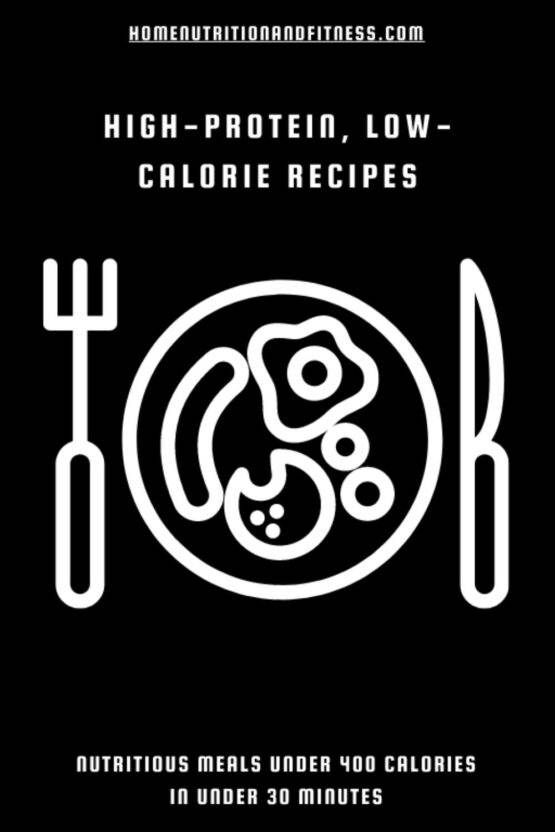

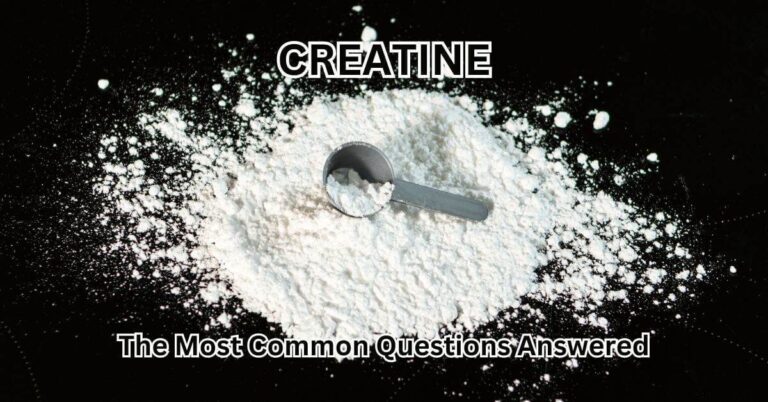
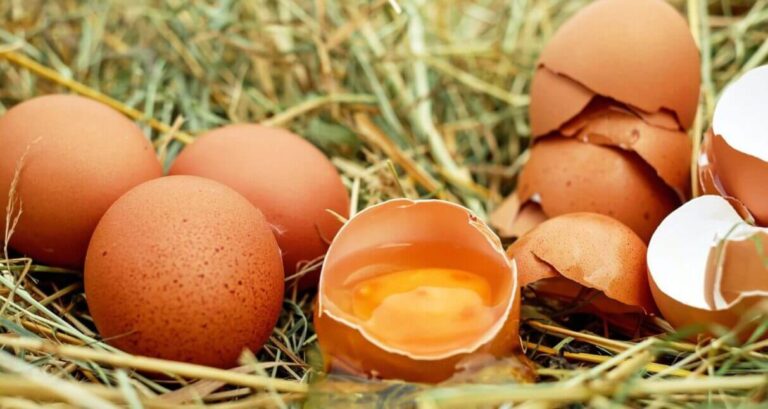
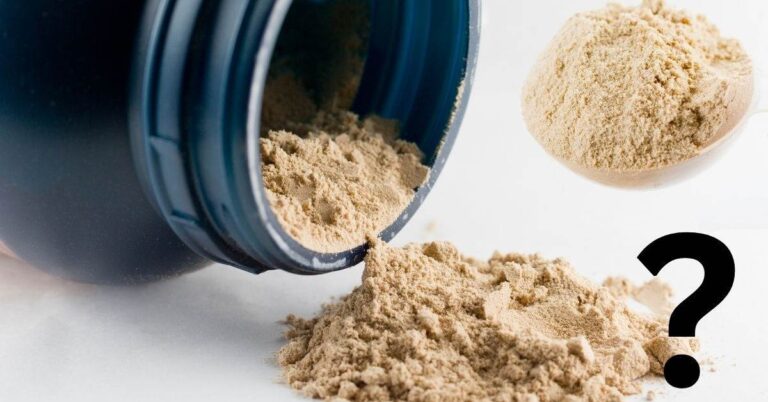
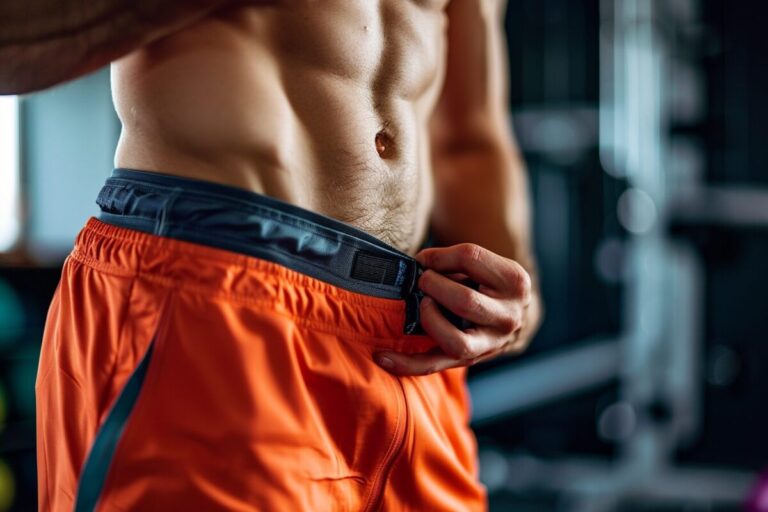

Thanks for this common sense discussion about protein powders. I am a 65 year old male who is pretty active. I workout on my Total Gym four days per week and walk 12 – 15 k steps per day. I do not use protein shakes mostly because of the prohibitive cost, plus I prefer to meet my protein intake needs through my diet. I try to stay away from anything with artificial or unnecessary added ingredients also.
Your article points out each of these reasons. I feel like you are writing this analysis directly to me. That is probably true to a lot of people who happen to read it.
Hi Harry. Thank you for taking the time to leave a comment. I have to say, you look a lot younger than 65 so your workout regime is clearly rolling back the years for you!
As you’ve rightly said, there are a few things that make protein powders a no-go for some. Whether it’s the cost, the artificial ingredients or just the fact that they don’t need them to maintain their nutrition. Some people will maybe have 1 reason but I can see that the article seems to tick all of the boxes for you.
I hope that others who read this, especially any beginners, might realise that they don’t actually need to supplement in the early days and can rely on body adaptations to help them along their way.
All the best!
Chris